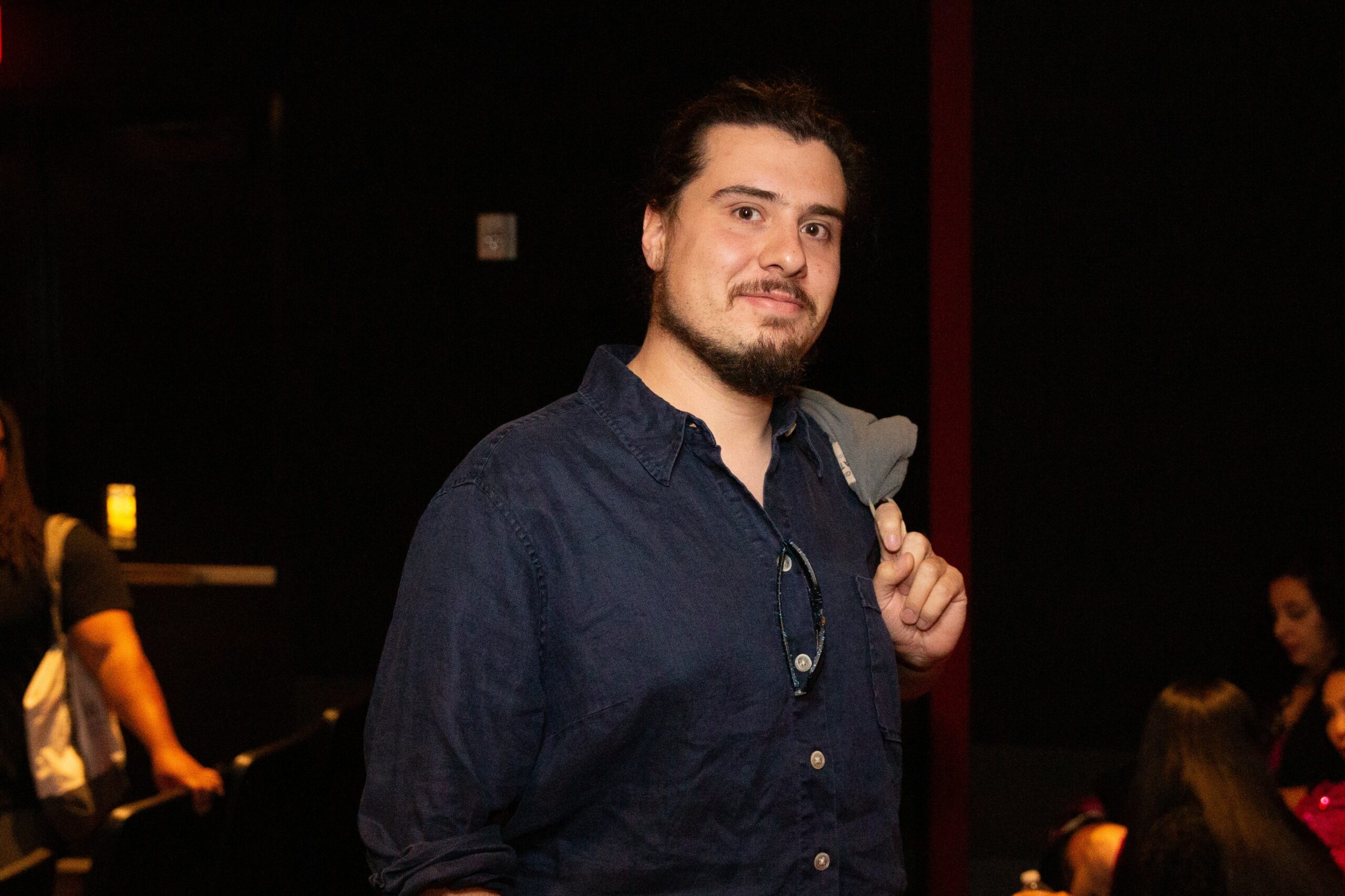We recently connected with David Barbeschi and have shared our conversation below.
Hi David, thank you so much for making time for us today. Let’s jump right into a question so many in our community are looking for answers to – how to overcome creativity blocks, writer’s block, etc. We’d love to hear your thoughts or any advice you might have.
Before, I’d simply pivot to another project. If you’re lacking inspiration with a script, you simply move to another one for which you have more enthusiasm. My problem with that approach is that it doesn’t work in the long run. I ended up with twelve unfinished scripts. All very nicely written, all incomplete.
Now, when I’m struggling with a scene, I overcome writer’s block by looking back at my outline or treatment and focusing on what the function of the scene and dialog is… then writing a very boring, straightforward version of that scene. In doing so, I’m pushing past the hurdle, and when I go back to it for a second draft, I’ll at least have a foundation to build and improve upon. The result is the slow but steady completion of my personal scripts.
Appreciate the insights and wisdom. Before we dig deeper and ask you about the skills that matter and more, maybe you can tell our readers about yourself?
Simply put: I’m a screenwriter for hire.
My job primarily takes place before the pre-production or production phases of a film’s conception and it consists of either creating a story from scratch, or expanding upon an already-created one, then developing it into a screenplay that can help a production company or development executive on the vision.
Other times, I’m hired to provide screenplay analyses and put together pitching material, from slideshows to ripomatics. At the end of the day: it’s all writing. It’s all figuring out how to tell the story at hand in the best way possible. And it never happens by yourself which means that what it’s all really about is: collaboration.
I work with graphic designers to generate presentation documents, I work with my clients or film directors to bring their vision to life, and the only way to get around to this is by being a team player and putting my ego aside. Project comes first.
The exciting part of it is… what you write is really only the start of the project.
The beauty comes in when we get to pre-production, and how the costume designer adds to the story in their own way by choosing a specific fabric for a character, a fabric that tells a story in and of itself… same goes for the sound mixing, the framing of this or that shot by the DP, the intonation changes by the actors.
To get metaphorical: it’s like realizing that what you originally thought was a painting is actually just a sketch, and the true painting is this big fresco created by 50 other artists who bring their own experiences and styles to the artwork. It’s more intricate and fascinating, and I’ll never stop being in awe of it.
If you had to pick three qualities that are most important to develop, which three would you say matter most?
For people who are just starting their journey as screenwriters, I’d say bear in mind the rules of storytelling exist for a reason. You can’t go against them without understanding them first, just as you can’t break the mold without first having a mold in the first place.
The point of any work of art is to communicate your feelings to your audience, generating an emotional reaction in them. When it comes to screenwriting and structure, specifically, it’s about making sure that your reader resonates with the themes your script explores, the questions it posits. The already-established rules give you a roadmap to do just that. Learn why and how they yield that result first, THEN subvert them.
Who has been most helpful in helping you overcome challenges or build and develop the essential skills, qualities or knowledge you needed to be successful?
I’ve gotta give props to my teachers at the New York Film Academy, for shaping my writing skills. The philosophy they passed down was “a writer writes, regardless of medium.”
In a day and age where everything is franchised and transmedia storytelling is in everything, it is important to be flexible in how you tell your story, and master the writing rules of these various mediums.
So, supposing I have an idea for a horror or a sci-fi feature film, I’ll always ask myself: is there a world where I grab a scene and make a short out of it? Or can the feature film be adapted into a TV show or a theater play? Would the story be told better in that format? If I need to delete a passage, is there any way I can repurpose it as a sample for this project’s comic book adaptation? How would a video-game of this project look like, how can I make it engaging and new to the players?
It’s why I try to surround myself with artists from all mediums, because their expertise in their own departments is what’s helped me pivot on a lot of projects I had written off and sell them.
Beyond that, I’d also like to give a shoutout to my mentor, Donna Smith from Persnickety Productions, for teaching me how to apply a more production-savvy approach to how I write and pitch my scripts.
Contact Info:
- Instagram: https://www.instagram.com/davidbbski/
- Linkedin: https://www.linkedin.com/in/david-barbeschi/
- Youtube: https://www.youtube.com/watch?v=fjP9eYCM964
- Other: https://www.imdb.com/name/nm8198477/ https://writers.coverfly.com/profile/davidbarbeschi
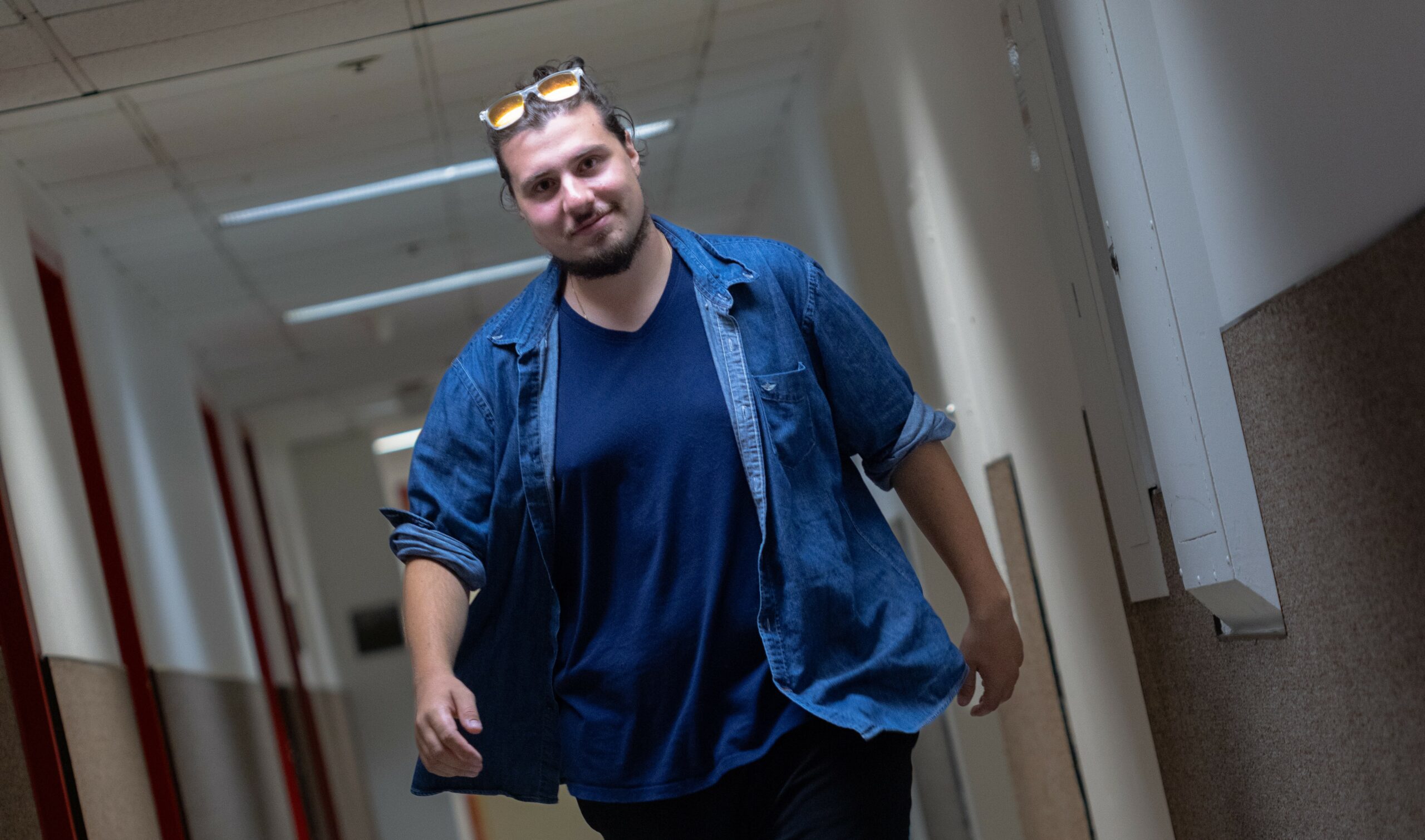
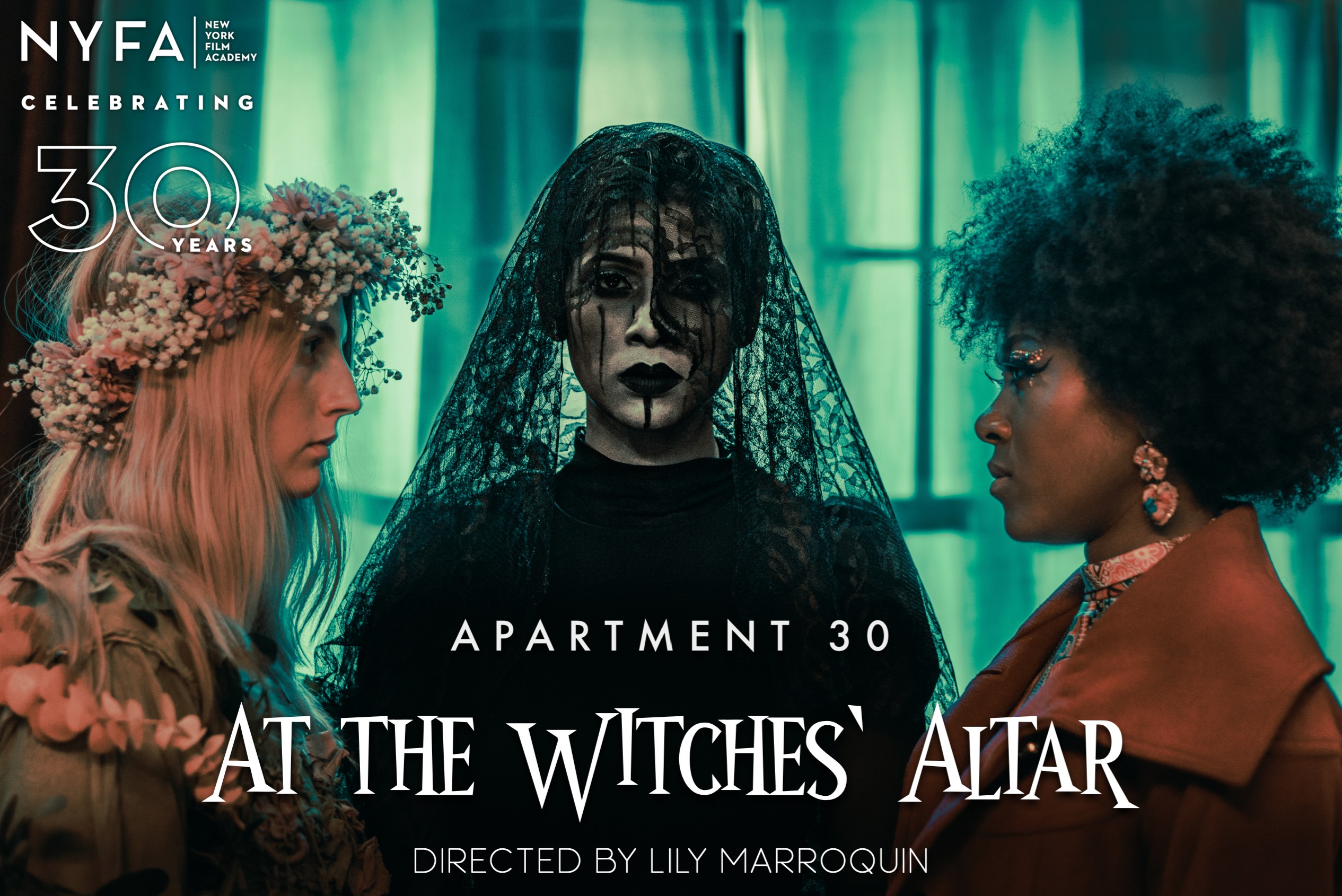

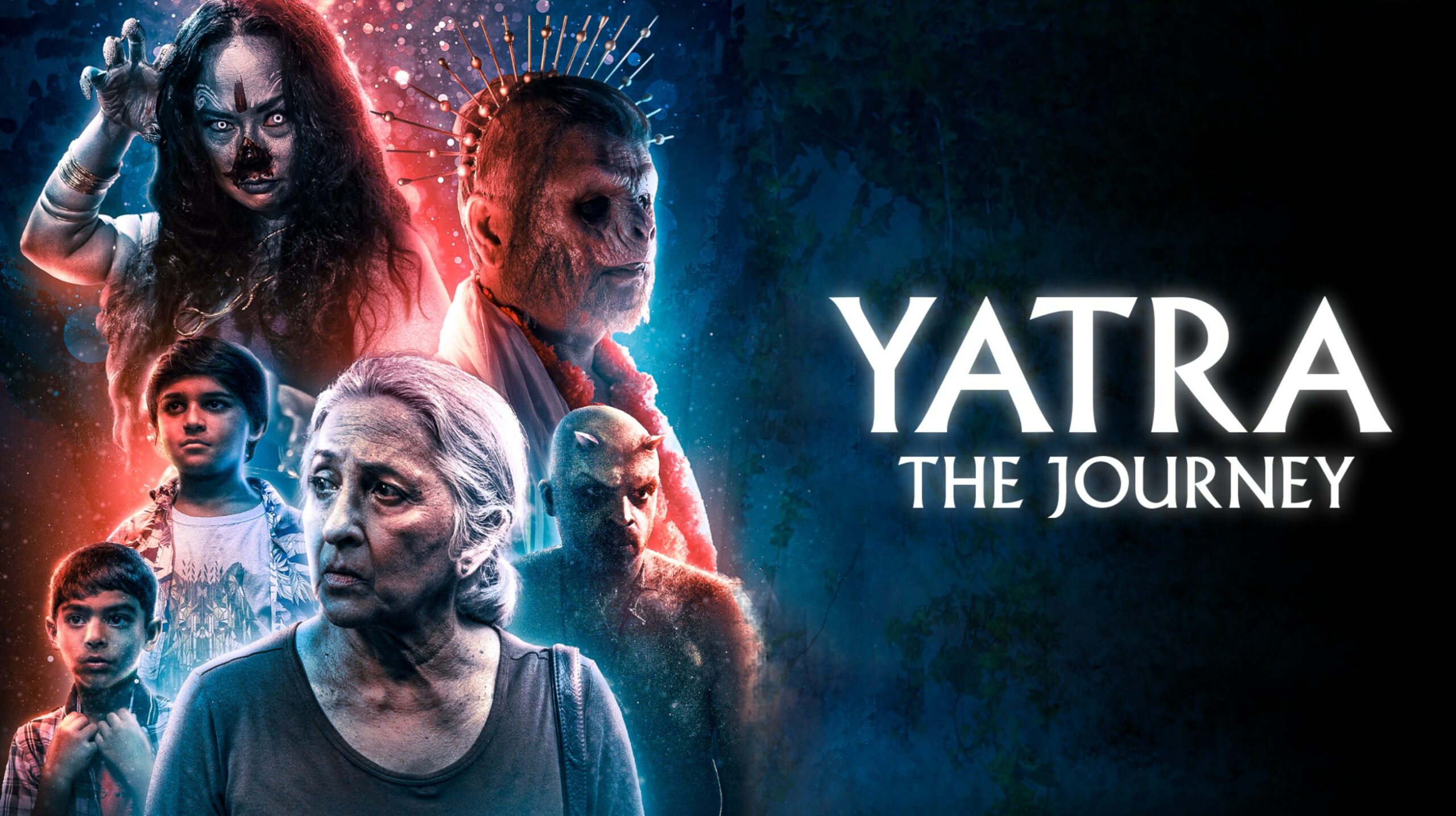
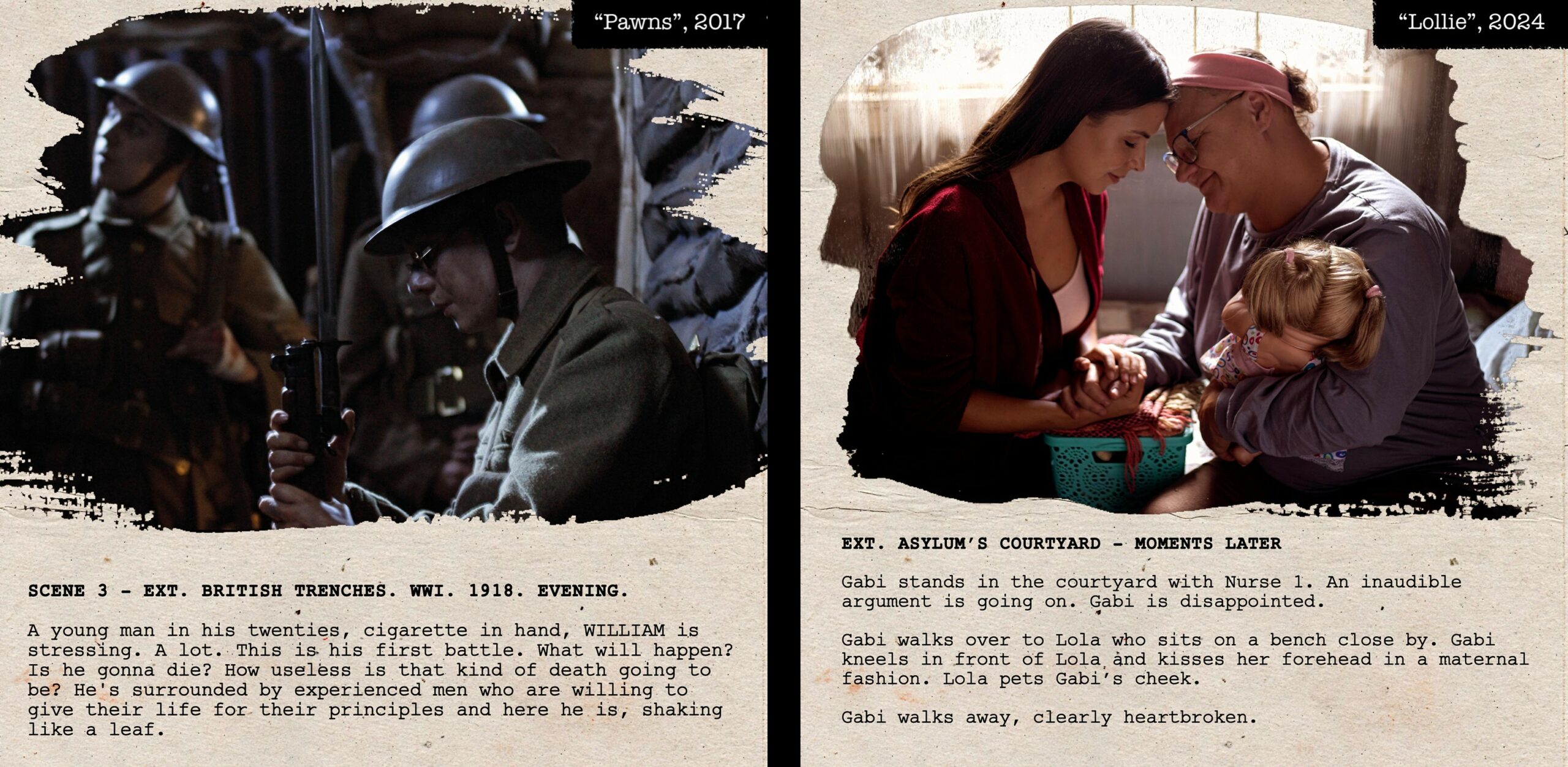
Image Credits
Yves Arispe / @gentlemanyves FirstGlance Film Festival / @firstglancefilmfests

